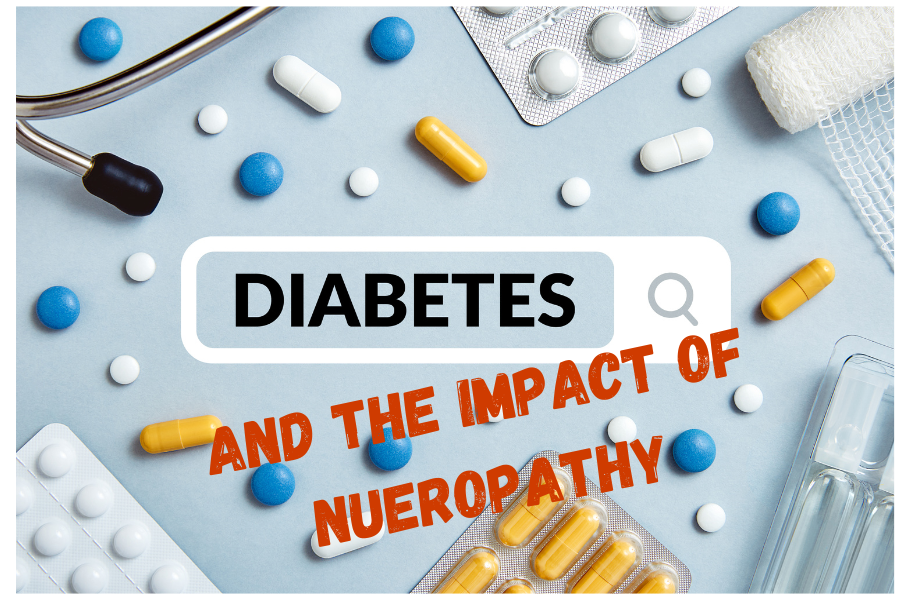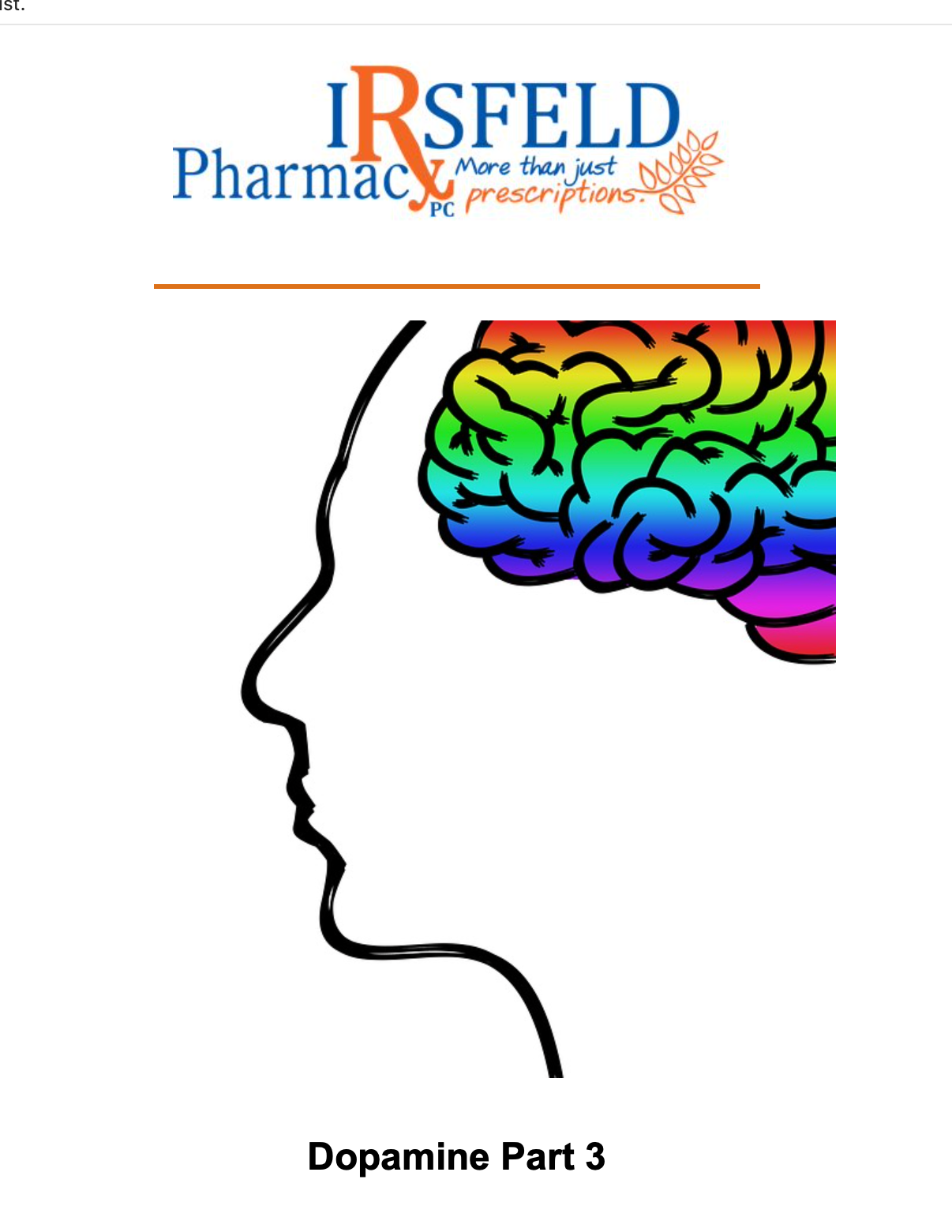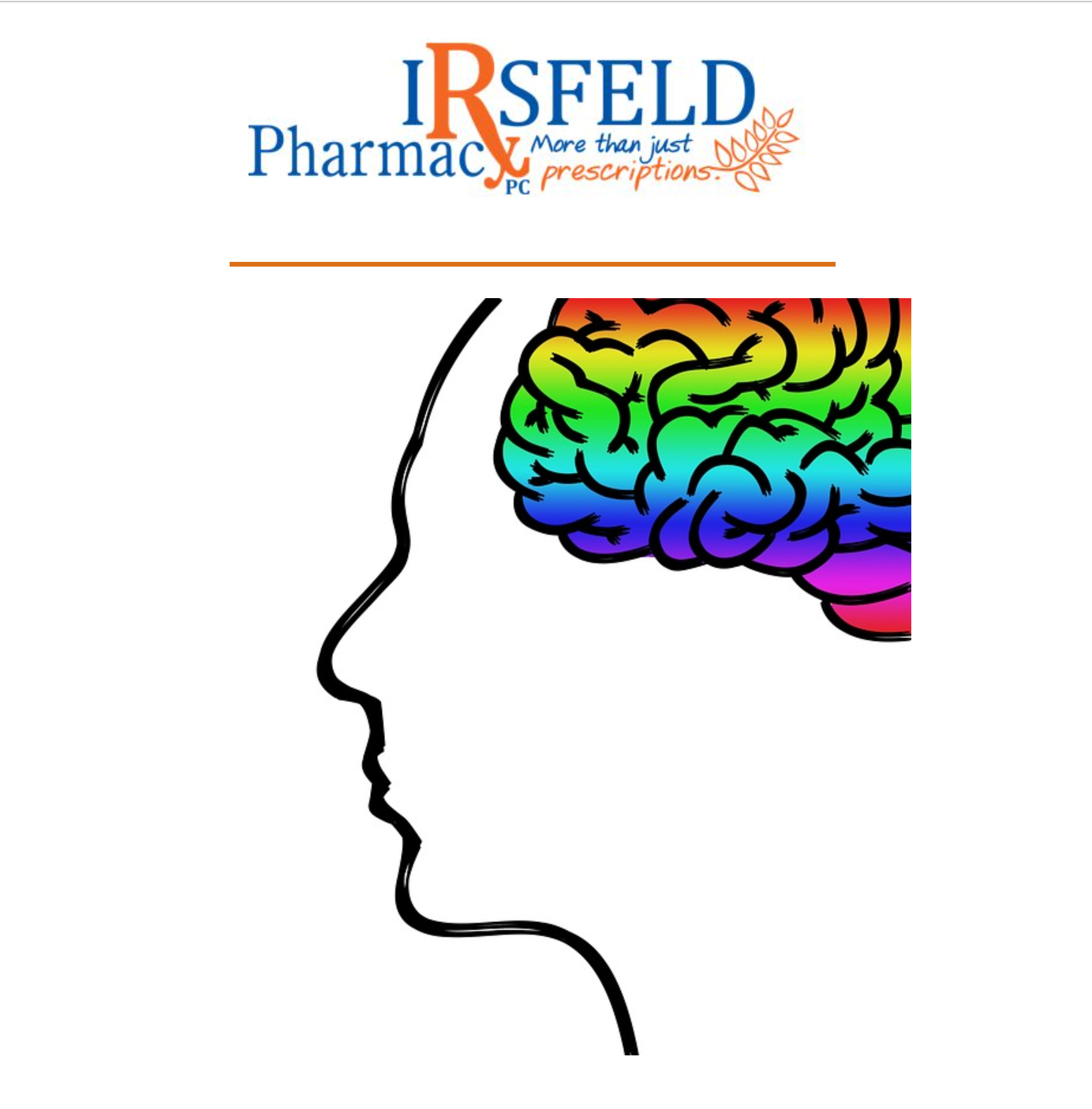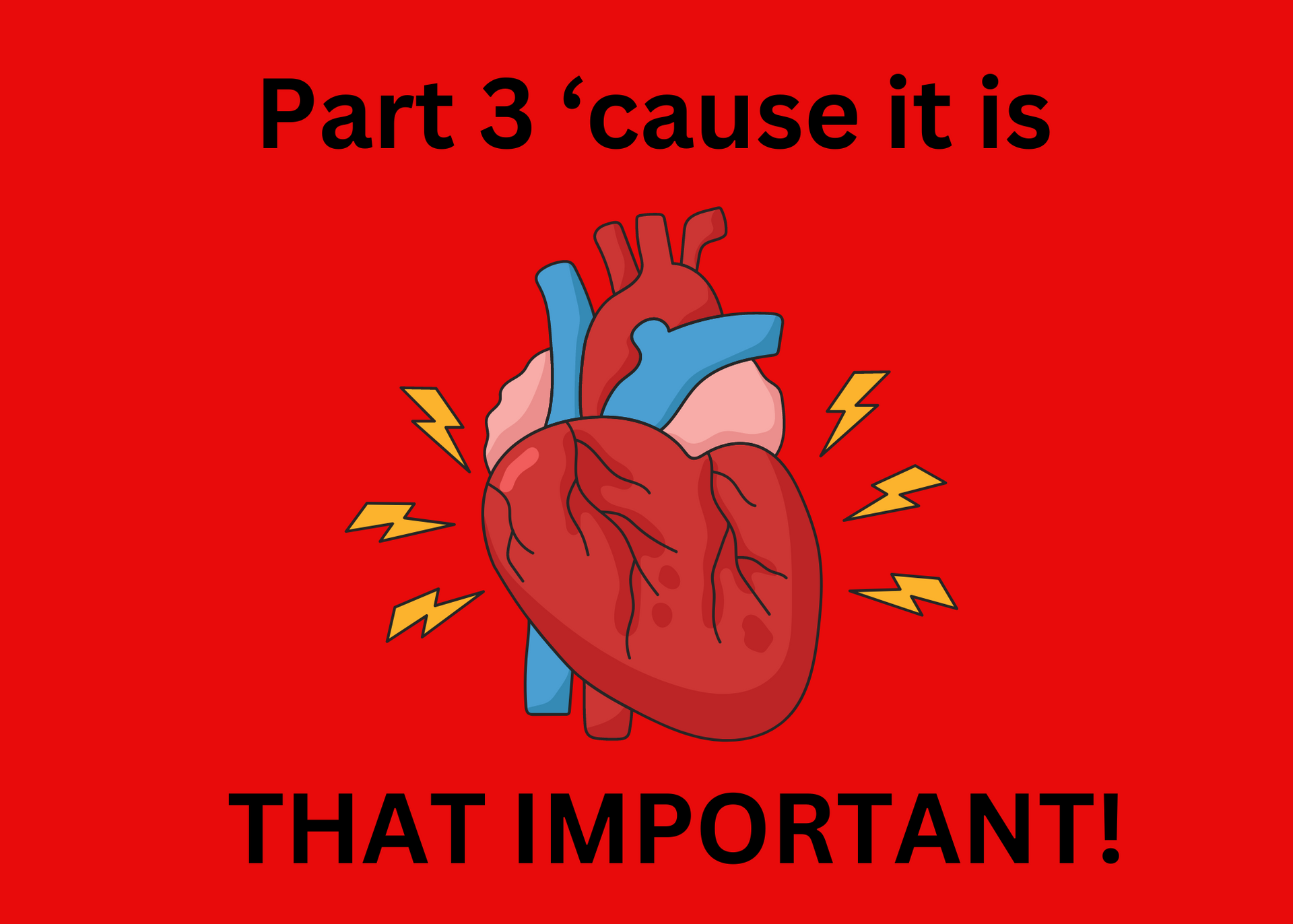In my article last week, which you can access on the Irsfeldpharmacy.com website under the blog tab, I spoke about aspirin and the correct indications of its use as well as the FDA’s warning about the increase risk of death while taking it. I thought today would be a good time to piggyback off of that topic and visit about the use of non-steroidal anti-inflammatory drugs (NSAIDs) and OTC pain medications.
Every once in a while, my wife will remind me that not everyone knows the difference between acetaminophen (Tylenol), aspirin and NSAIDs (Motrin/Advil/ibuprofen and Aleve/naproxen). Here is a brief run-down of their differences:
· Acetaminophen is a pain reliever that also reduces fever – it does not harm the stomach but in high doses can be harmful to the liver
· Aspirin is a pain reliever and anti-inflammatory that has been used to reduce fever but is no longer indicated for that due to side effects and the Reye’s syndrome scare. It also has anti-platelet properties to reduce the recurrence of stroke and cardiovascular issues which can cause gastrointestinal bleeding
· NSAIDs, such as ibuprofen, are used to treat pain, inflammation and fever from medical conditions such as arthritis, menstrual cramps, headaches, colds, and the flu. They can potentially cause increased risk of stomach bleeding, kidney problems and increased risk of stroke and heart attack that I will discuss below.
When I put this down on paper, I don't want to admit this, but I think my wife is right, it is quite confusing. Yes, I said it, she is right in the fact that these 3 pain relievers are unique in what they do, yet they are often lumped into one product by the general public. To many, Tylenol can be the universal name for any OTC pain reliever.
Not only is recognition of products a problem, but we also have the potential risk of side effects while taking those medications. In the area of NSAIDs there are some serious adverse events, the most common being cardiovascular and stomach. The U.S. Food and Drug Administration (FDA) requires OTC NSAIDs to be labeled with the following risk warnings:
Heart attack and stroke warning :
NSAIDs, except aspirin, increase the risk of heart attack, heart failure, and stroke. These can be fatal. The risk is higher if you use more than directed or for longer than directed
In the prescription world, a warning like this is referred to as a “Black Box” warning and is included in the package insert. The “Black Box” is the FDA’s most stringent safety labeling requirements for prescription drugs. This warning is designed to inform prescribers and patients about the serious health risks associated with a drug’s use. This is what is listed on the “Black Box” warning for all prescription NSAIDs:
Cardiovascular Thrombotic Events
- NSAIDs cause an increased risk of serious cardiovascular thrombotic events, including myocardial infarction and stroke, which can be fatal. This risk may occur early in treatment and may increase with duration of use.
- NSAIDs are contraindicated in the setting of coronary artery bypass graft surgery.
Gastrointestinal Risk
- NSAIDs cause an increased risk of serious gastrointestinal adverse events including bleeding, ulceration and perforation of the stomach or intestines, which can be fatal. These events can occur at any time during use and without warning symptoms. Elderly patients are at a greater risk for serious gastrointestinal events.
When I first started practicing, very few prescriptions medications were associated with a black box warning but these days it’s not uncommon to have one. With over 600 medications carrying boxed warnings and over 40% of patients in the out-patient setting receiving at least one medication with a black box warning, researchers have shown an association between the increase in the number of novel therapeutic approvals and an increase in the incidence of black box warning labels.
These warnings are a big deal because the number of people taking ibuprofen and naproxen as an over the counter product or prescription is quite high. As a matter of fact, studies show that NSAID usage happens in about 20-30% of the population. In a 2018 study from the Boston School of Medicine, researchers found that 15% of adult ibuprofen users exceed the maximum recommended dose of ibuprofen or other NSAIDs in a one-week period. Not only do we have a high consumption of these products but they are being taken in doses that exceed the recommendations.
To make things worse, NSAIDs can cause leaky gut which I addressed in an article several weeks ago. Leaky gut can cause systemic inflammation which is what we are trying to treat with the NSAID.
What is a person to do when they want relief from pain or inflammation and they don’t want the potential side effects of OTC products? The answer is OmegaPure EPA/DHA , Curcumin 400x , products containing multiple anti-inflammatories like Inflam-Eze Plus and the systemic enzymes formulation Nutrazyme . All of these natural products have the ability to exert pain relief or an anti-inflammatory effect. In addition, they are much safer long-term options than the current standard of care.
Hopefully the information provided in this article will make you more aware of the risks of taking prescription and OTC NSAIDs. Anytime you place something in your body, you have to look at the potential risk of taking it vs the benefit that can come from it and decide based on you and your practitioner’s comfort level. You have also learned that my sweet wife is right most of the time.
If you would like help, my staff and I are available, so stop by the pharmacy or call to schedule a consultation for help with chronic pain issues. Until next time, be vigilant about your health!!
VISIT US
HOURS
HOURS
CONTACT US
Fax #: (701) 483-4926












Share On: